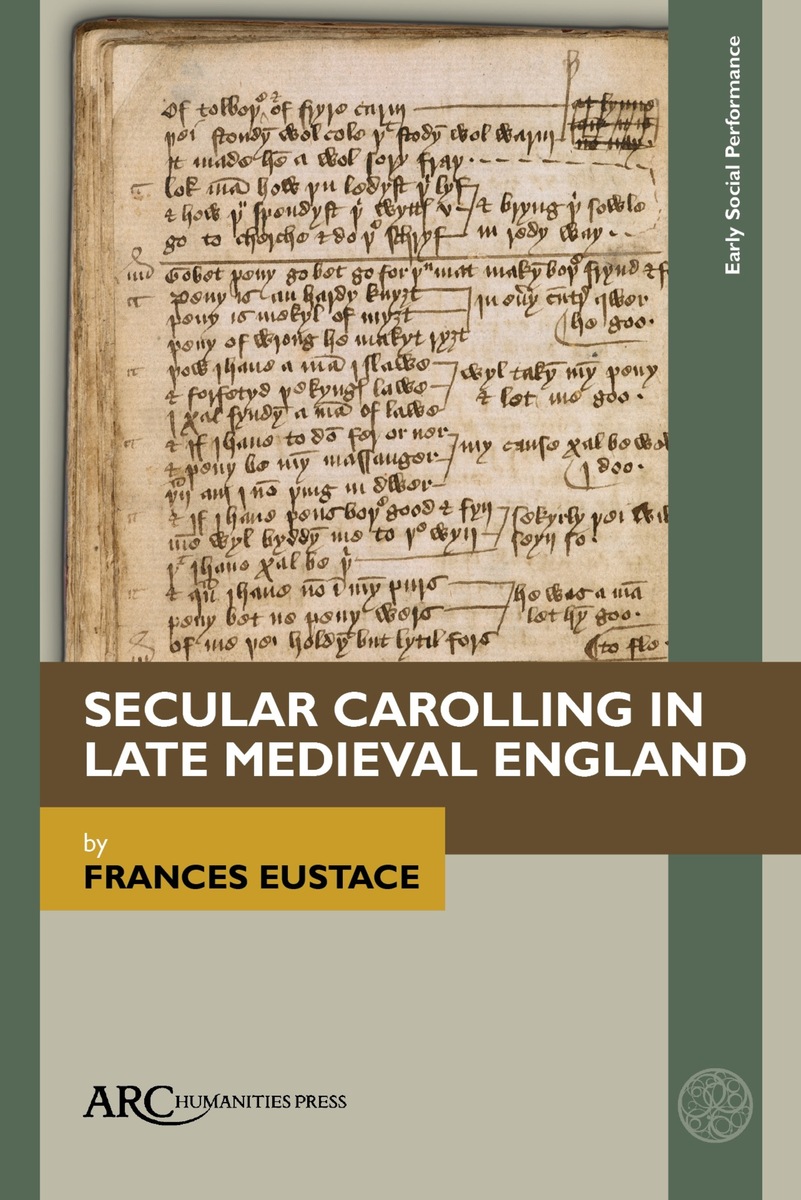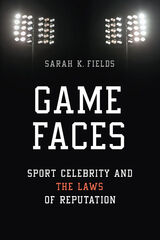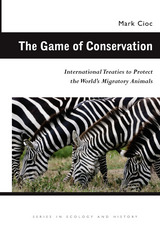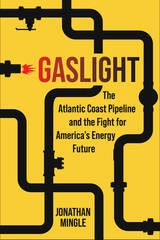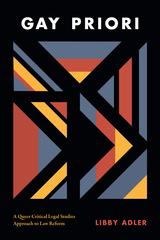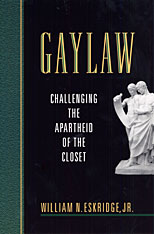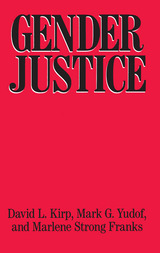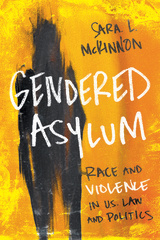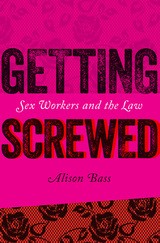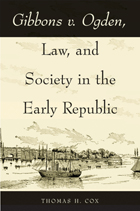Secular Carolling in Late Medieval England
Arc Humanities Press, 2022
Cloth: 978-1-64189-402-9 | eISBN: 978-1-80270-058-9 (PDF)
See other books on: Great Britain | Late Medieval England | Middle Ages (449-1066) | Norman Conquest to Late Medieval (1066-1485) | Social History
See other titles from Arc Humanities Press
Cloth: 978-1-64189-402-9 | eISBN: 978-1-80270-058-9 (PDF)
ABOUT THIS BOOK | AUTHOR BIOGRAPHY | TOC
ABOUT THIS BOOK
This study shows the importance of carolling in the celebrations and festivities of medieval Britain and demonstrates its longevity from the eleventh century to the sixteenth. It illustrates the flexibility of the English carole form for adaptation to include content in high and low registers and its suitability for use on all occasions and by different communal peer groups. Although the vast majority of extant texts in carol form from the late medieval period are religious in subject content, secular carolling was far more prevalent than the textual record implies. The dance-song elements of the medieval carole were so strongly woven into the vernacular cultural fabric of the British Isles that their threads can be traced through the folk songs and dances of subsequent centuries. This study contextualizes the written evidence and re-integrates the various components of the activity in order to illuminate our understanding of the universally popular medieval, participatory, pastime of carolling.
See other books on: Great Britain | Late Medieval England | Middle Ages (449-1066) | Norman Conquest to Late Medieval (1066-1485) | Social History
See other titles from Arc Humanities Press
